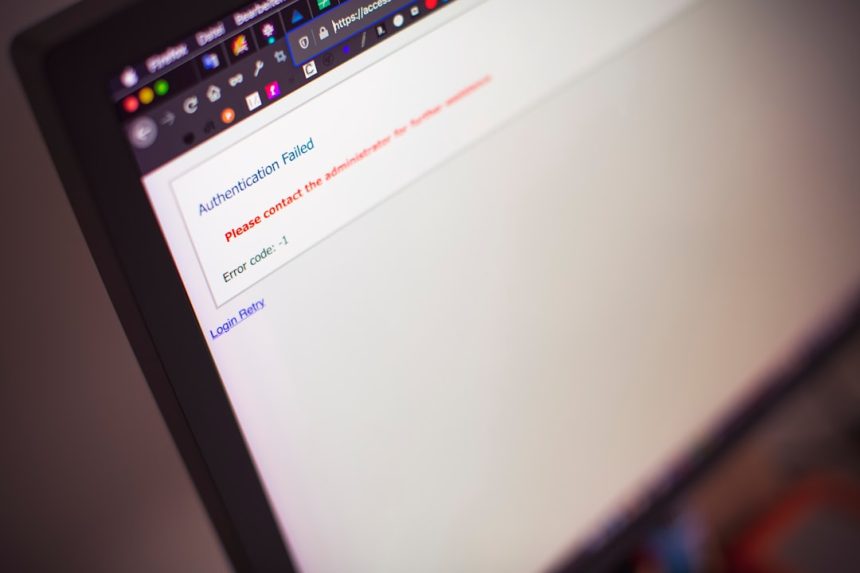In today’s rapidly evolving digital landscape, software security is no longer a luxury reserved for large enterprises. For startups, it’s a critical component that can mean the difference between meteoric success and catastrophic failure. With limited resources and immense pressure to scale quickly, new businesses often push security to the back burner. However, ignoring cybersecurity can expose startups to financial losses, reputational damage, and even legal consequences.
Why Security Matters from Day One
Startups operate in a high-risk environment. They store sensitive customer data, handle transactions, and often rely on cloud-based systems—all of which are enticing targets for cyber attackers. Unfortunately, many emerging companies adopt a “move fast and break things” mentality, inadvertently leaving vulnerabilities unchecked.
According to various industry reports, a significant portion of cyberattacks target small to medium-sized businesses, largely because these entities tend to have weaker security infrastructures. When breaches occur, the consequences can be particularly devastating for startups that lack the funds or brand equity to recover.
[ai-img]startup team, computer code, security alert[/ai-img]
The Financial Costs of Neglecting Security
The average cost of a data breach can soar into the millions. While large corporations might survive such hits, for startups it can be a death blow. In addition to direct losses like stolen funds or disrupted operations, there are hidden costs:
- Lost Customer Trust: Security incidents erode credibility and discourage future business.
- Legal and Compliance Fees: Handling sensitive data often requires adherence to strict regulations like GDPR or CCPA. Violations can lead to hefty penalties.
- Recovery and Forensics: Cleaning up after an attack is both time consuming and expensive.
Investing in preventative security measures—such as encrypted databases, regular audits, and secure code practices—is far more cost-effective than damage control after an incident.
Security Builds Investor and Customer Confidence
Startups often rely on external funding to grow. Venture capitals and other investors are becoming increasingly aware of the role cybersecurity plays in business sustainability. Demonstrating a strong commitment to software security can become a powerful differentiator during due diligence processes.
Similarly, enterprise clients and customers are demanding higher security standards. Even integration with other platforms may require proof of secure systems. Lacking these assurances can hinder business partnerships and slow down growth trajectories.
[ai-img]locked data, digital shield, startup growth[/ai-img]
Threat Landscape is Constantly Evolving
Modern cyber threats are becoming more advanced and automated. Malicious actors leverage AI, botnets, and zero-day exploits capable of infiltrating unprotected systems in a matter of minutes. Without ongoing security protocols in place, even seemingly insignificant flaws can be exploited with irreversible consequences.
Startups should adopt a proactive approach by embedding security into every stage of development, from design to deployment. Strategies like Secure Development Life Cycle (SDLC), penetration testing, and regular software updates are essential for reducing risk.
Security Should Scale with Your Startup
Just as a startup’s technology stack evolves, so should its security architecture. What works for a 10-person team may not suffice for a workforce of 100. By prioritizing scalable and modular security solutions, startups can adapt their protection measures alongside their business growth without significant overhaul or downtime.
Automation and cloud-native security tools now make it easier and more affordable than ever to integrate robust protection without the need for a dedicated security team. Platforms offering Security-as-a-Service (SECaaS) can be especially advantageous at the early stages.
Conclusion
Startups can no longer afford to view software security as an afterthought. It must be a foundational element of their operational strategy. By investing early in protective measures, startups not only shield themselves from external threats but also build stronger trust with customers, investors, and partners. In an ecosystem where innovation is the norm, don’t let negligence in security become your Achilles’ heel.
FAQ
-
Q: Why are startups often targeted by cybercriminals?
A: Startups typically have less mature security systems, making them easier targets for attackers looking for vulnerable systems. -
Q: What are the first steps a startup should take to establish security?
A: Begin with basic security hygiene like strong password policies, two-factor authentication, and regular software updates. As the business grows, implement secure coding practices and conduct security audits. -
Q: Is investing in security tools expensive for small startups?
A: Not necessarily. Many cost-effective, scalable security tools and services are available, including open-source options and managed solutions. -
Q: What are common security mistakes startups make?
A: Common mistakes include neglecting to patch software, using outdated libraries, storing unencrypted data, and failing to conduct security training for employees.











